As announced today, Newsroom websites published in Spanish have been consolidated into one site. The following is a sampling of content that can now be found at noticias.laiglasiadejesucristo.org. These stories come from Mexico, Colombia, Chile, Bolivia and Peru.
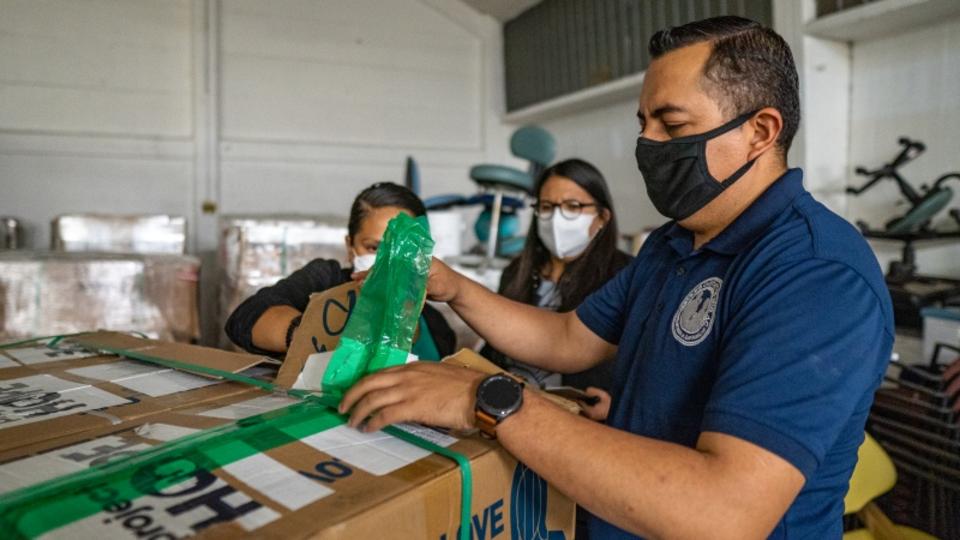
DONACION-397MIL.jpeg
Nearly four tons of personal protective equipment is delivered to INSABI, a federal agency, as part of a donation by The Church of Jesus Christ of Latter-day Saints. The supplies will be distributed among various hospitals in Mexico. © 2020 by Intellectual Reserve, Inc. All rights reserved.Mexico: Nearly 400,000 Supplies Sent to Hospitals to Protect Against COVID-19
In coordination with Project HOPE, an international nonprofit organization, the Church has donated 397,200 personal protection supplies to the Health Institute for Wellbeing (INSABI) in Mexico City. The federal agency will oversee their distribution to various hospitals in the country. In an interview with the Mexico Newsroom, Elder Rafael E. Pino, President of the Mexico Area of the Church, said, “We will continue to support the authorities and people who need it most to help ease their burdens. We will continue taking advantage of opportunities to serve those who need it most.”
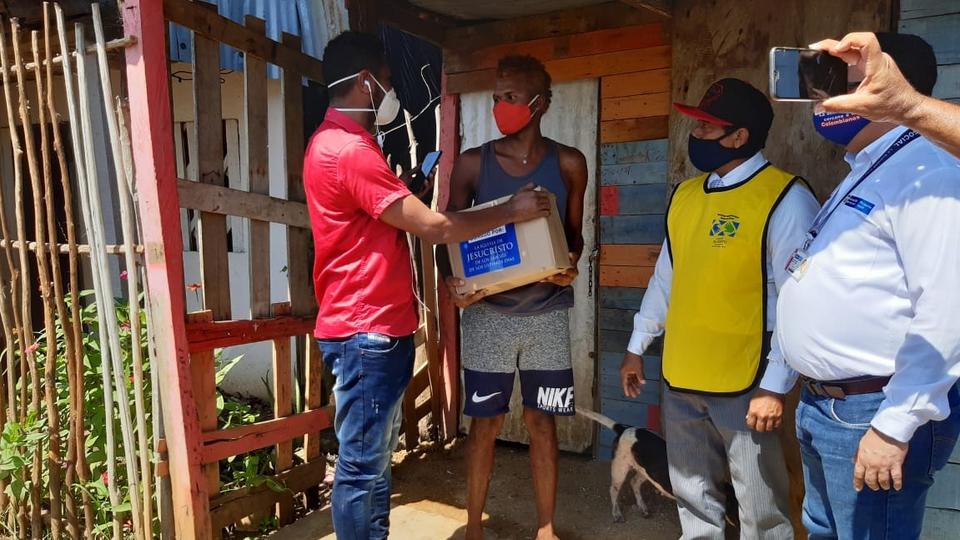
Las entregas se realizaron en diferentes municipios del departamento de Bolívar durante el mes de agosto
A family receives a food donation from The Church of Jesus Christ of Latter-day Saints in coordination with the Department of Social Prosperity. 5,000 kits containing 17 types of non-perishable foods were part of the donation to communities around Colombia. © 2020 by Intellectual Reserve, Inc. All rights reserved.Colombia: Families Receive Nourishment from 5,000 Donated Food Kits
The Colombia Newsroom reports that the Church donated 5,000 kits with 17 types of nonperishable foods to communities in the Bolívar department, a region in northern Colombia. In coordination with the Department of Social Prosperity and local mayors’ offices, the kits were delivered to residents of the Nelson Mandela sector of Cartagena, Arjona, Turbana, Santa Rosa de Lima and Villanueva.
Isaías Simancas Castro, the mayor of Arjona, said he was “grateful for this great blessing [for] the families who need it so much. There are 856 families that will be benefited thanks to the Church of Jesus Christ and Social Prosperity.”
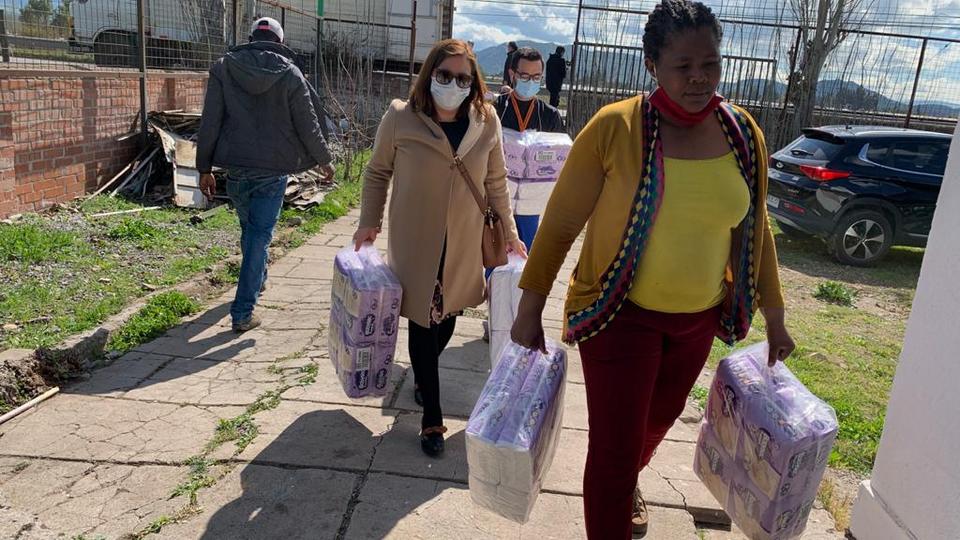
adir_2-2020.jpg
Volunteers deliver diapers donated by the Church and others in association with the Chilean Association for Interreligious Dialogue. The goods are part of a larger donation for indigenous and immigrant families in need in Chile.© 2020 by Intellectual Reserve, Inc. All rights reserved.Chile: Indigenous and Immigrant Families Receive Aid through Interreligious Partnership
In early September, some 290 indigenous Mapuche and Haitian immigrant families received aid from an interreligious partnership between The Church of Jesus Christ of Latter-day Saints, the Fourth Baptist Church of Conchalí, the Good Lutheran Church and others. The collaboration was led by the Chilean Association for Interreligious Dialogue (ADIR) and resulted in a large donation of flour, diapers, milk and oil. The Chile Newsroom reports that enough diapers were gathered to grant a three-month supply to 166 Haitian mothers.
President Francisco Aguirre of the Colina District said, “[I am] very happy to see that we can do things like this between churches and be able to benefit people who are children of God who need this help in difficult times.”
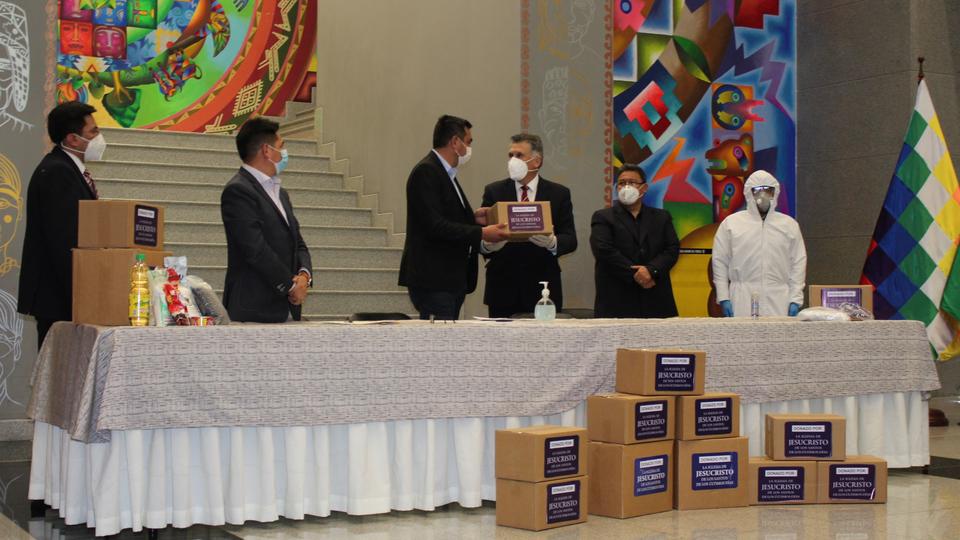
yerko-4.JPG
Representatives from the Ministry of the Presidency accept a donation of 30,000 non-perishable food kits and 5,000 biosecurity kits from the Church in Bolivia.© 2020 by Intellectual Reserve, Inc. All rights reserved.Bolivia: Food and Biosafety Gear Sent to Residents of La Paz
Representatives from the Church delivered approximately $900,000 (USD) worth of nonperishable food and biosafety gear to the Main Hall of the Casa Grande del Pueblo in La Paz, Bolivia, in late August. The Ministry of the Presidency will distribute the items to first responders and families with the greatest need throughout the country.
The 200,000 Church members in Bolivia are “an integral part of the Bolivian people,” said Elder Juan Carlos Pozo Uria, an Area Authority Seventy for the Church. “[Living by] Christ’s principles of loving our fellow men and faith is action, [we are] committed to serving the vulnerable among us.” To read more about this donation, visit the Bolivia Newsroom.
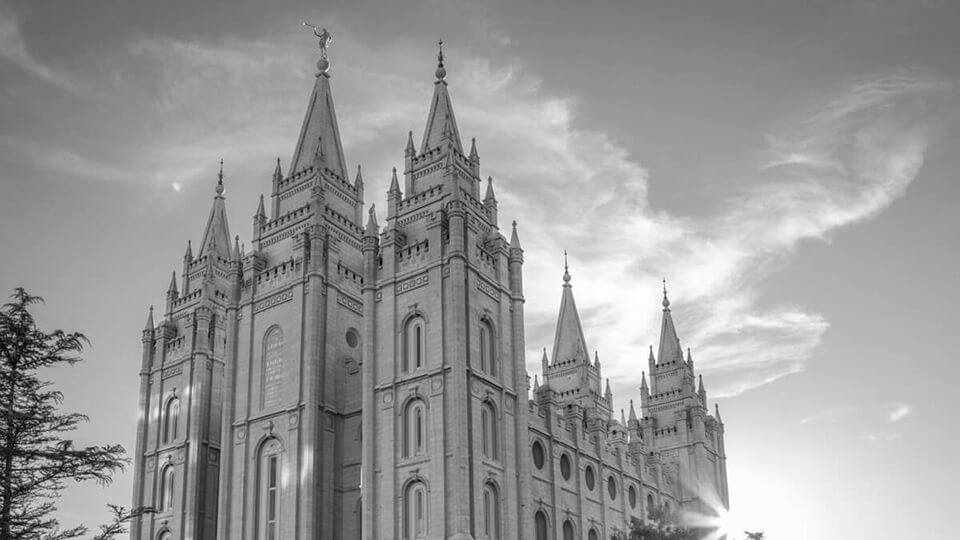.jpeg)
Donacion-Ucayali-Medicinas-(1).jpeg
A donation of medications, vital in the treatment of COVID-19, is delivered by local Church leaders to the Health Administration Committee and the Dos de Mayo clinic in Peru. © 2020 by Intellectual Reserve, Inc. All rights reserved.Peru: Church Contributes Medicine to the Dos de Mayo Health Clinic
The Church in Peru donated 7,000 pills of azithromycin, dexamethasone, metamizole and acetylsalicylic acid to the Dos de Mayo health clinic in El Arenal. The medicine was delivered on September 2 to Francisco Pezo Torres, governor of the Ucayali region, and Juan Carlos Salas Suarez, the regional director of health. The Peru Newsroom says the Dos de Mayo clinic, which serves more than 25,000 residents, will use the medication to treat patients with COVID-19.
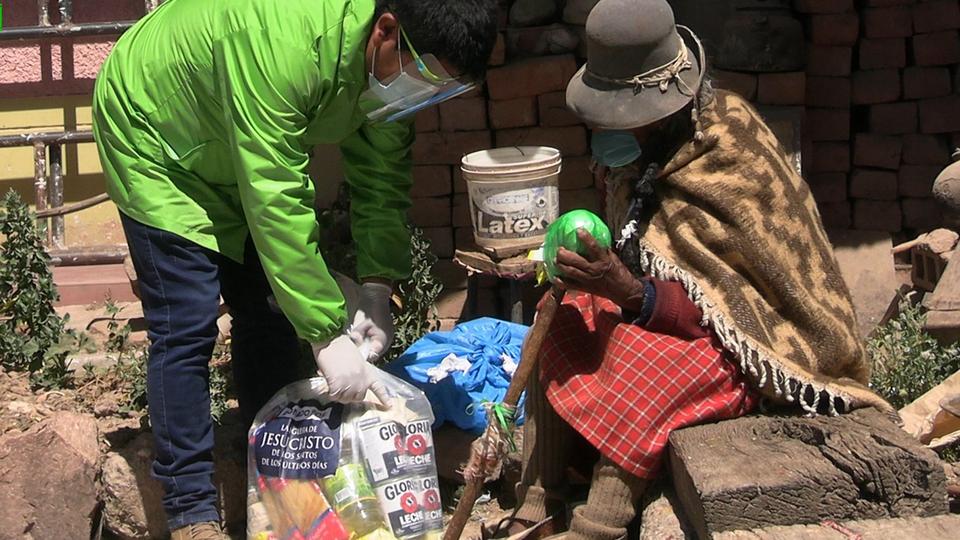
AH-MD-San-Miguel-Puno-1.jpg
A food kit is offered to a resident in need. It is one of a thousand food baskets donated by the Church to the people of the San Miguel district in Peru. © 2020 by Intellectual Reserve, Inc. All rights reserved.Peru: Essential Foods Delivered to San Miguel Residents in Need
On Thursday, August 27, representatives from The Church of Jesus Christ of Latter-day Saints delivered 1,000 baskets of food to the district municipality of San Miguel. The baskets, which contain oats, oil, rice, sugar, canned fish and other staples, will be distributed to residents by the Social Development Management agency. The Peru Newsroom says the primary recipients will be people with severe disabilities and children with anemia or malnutrition.